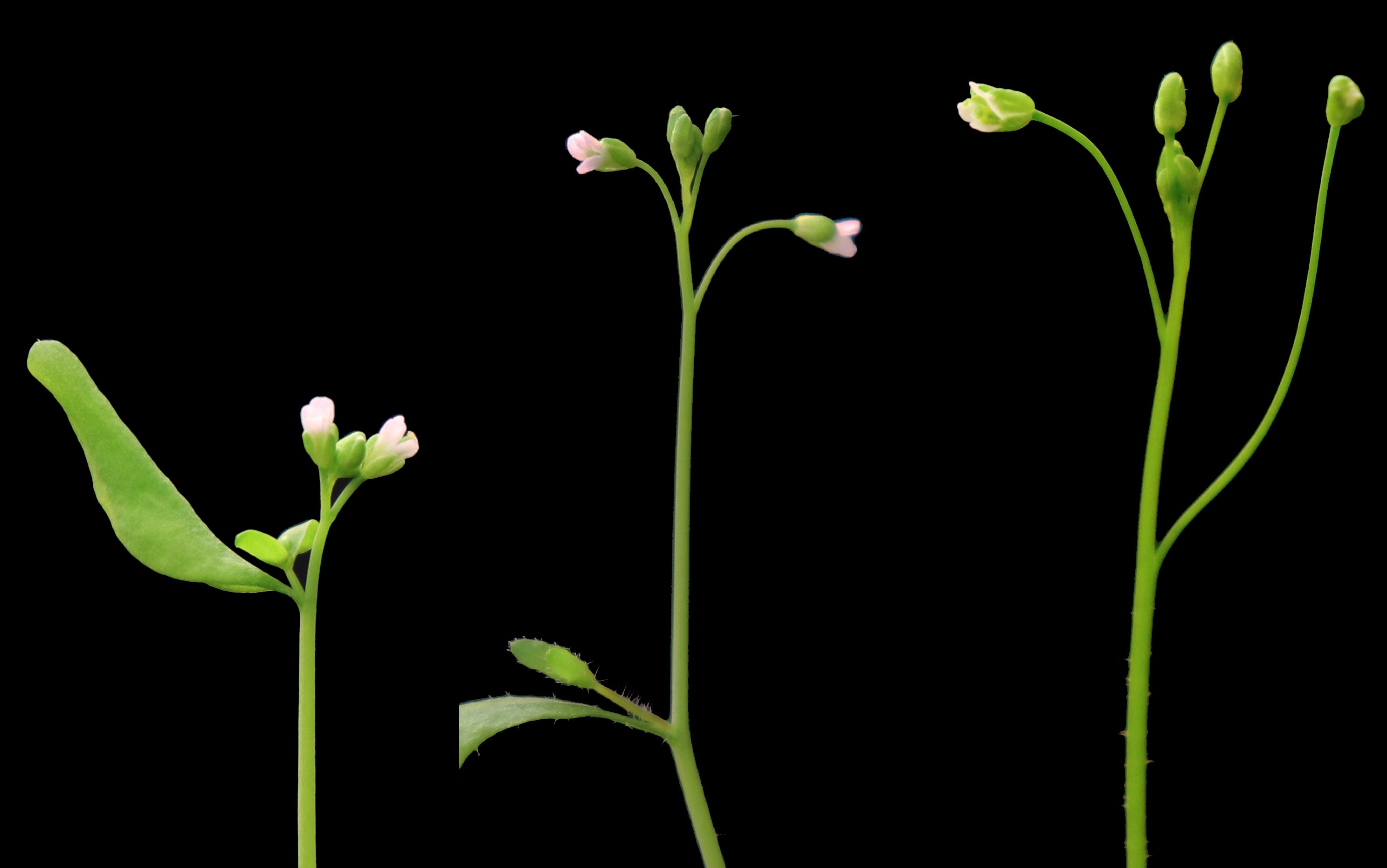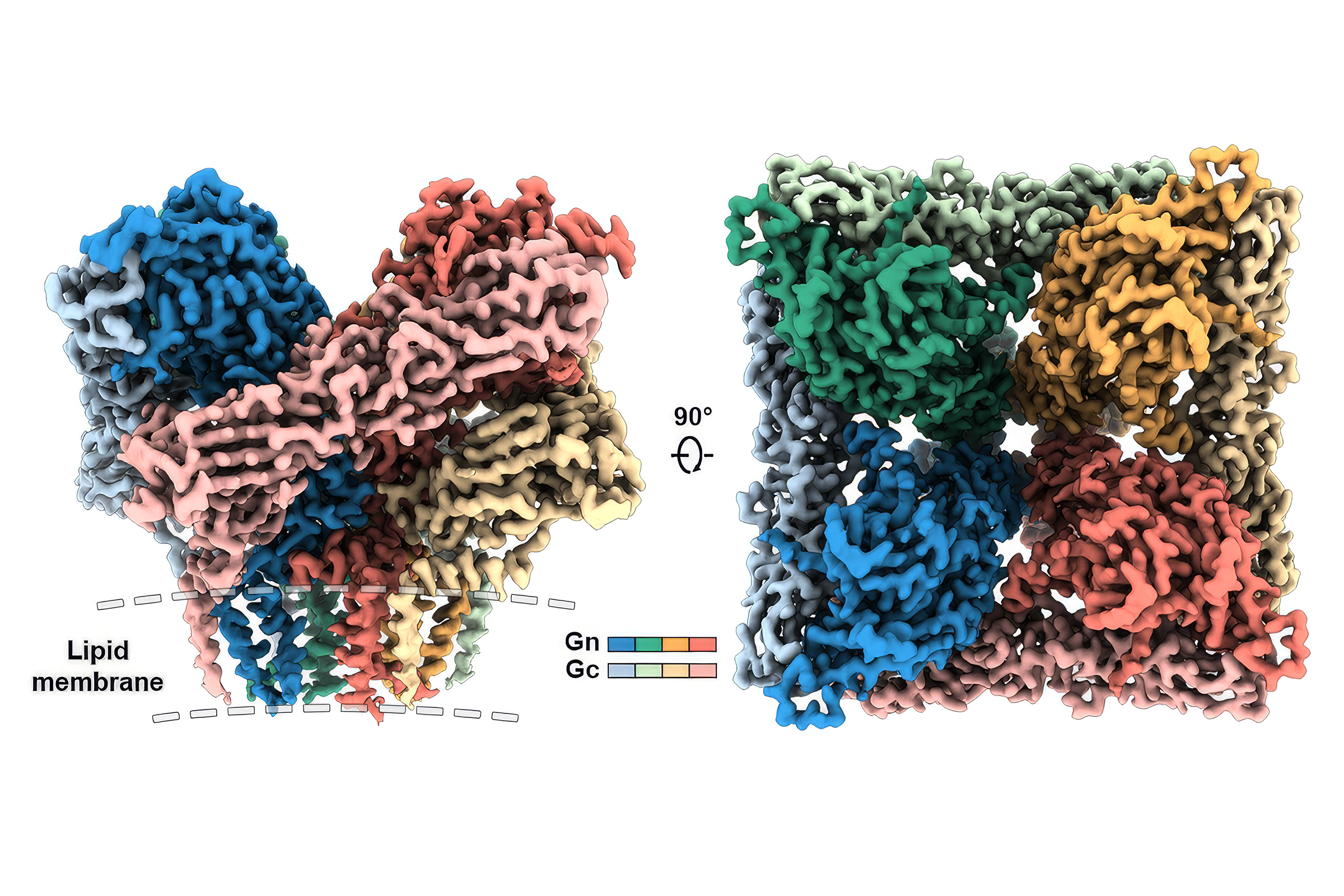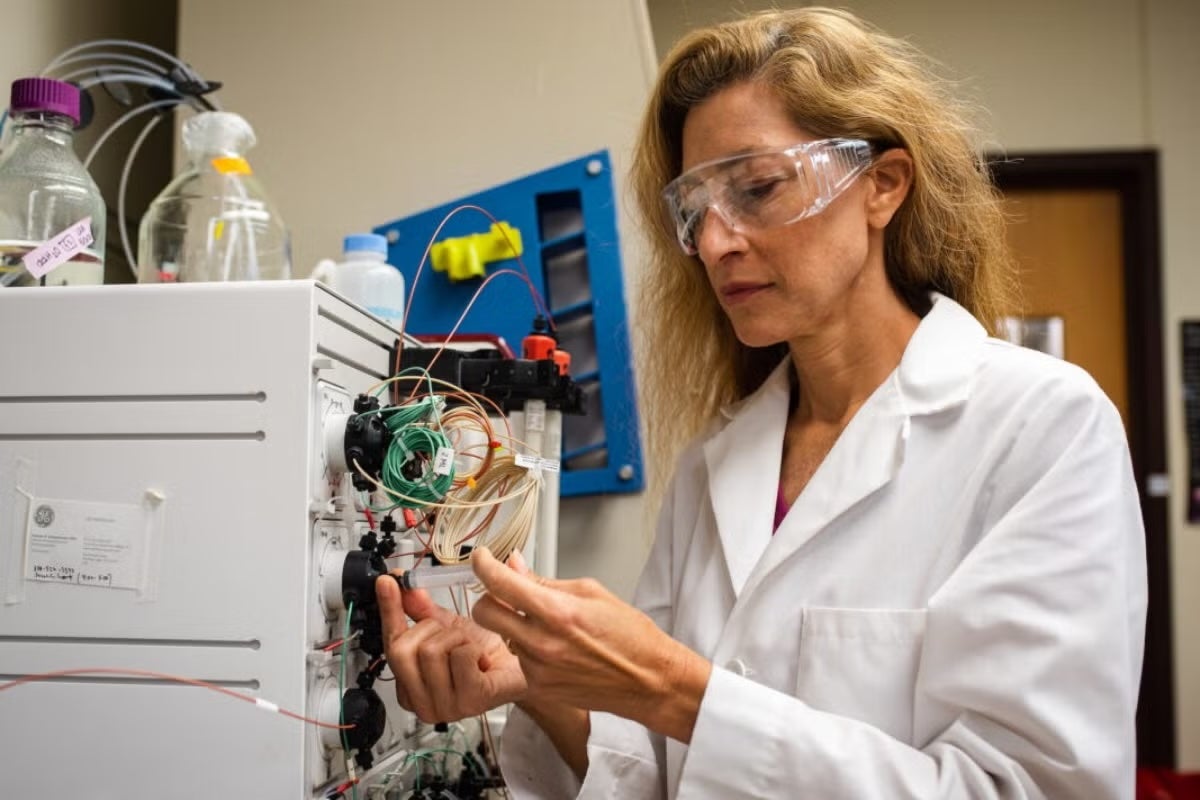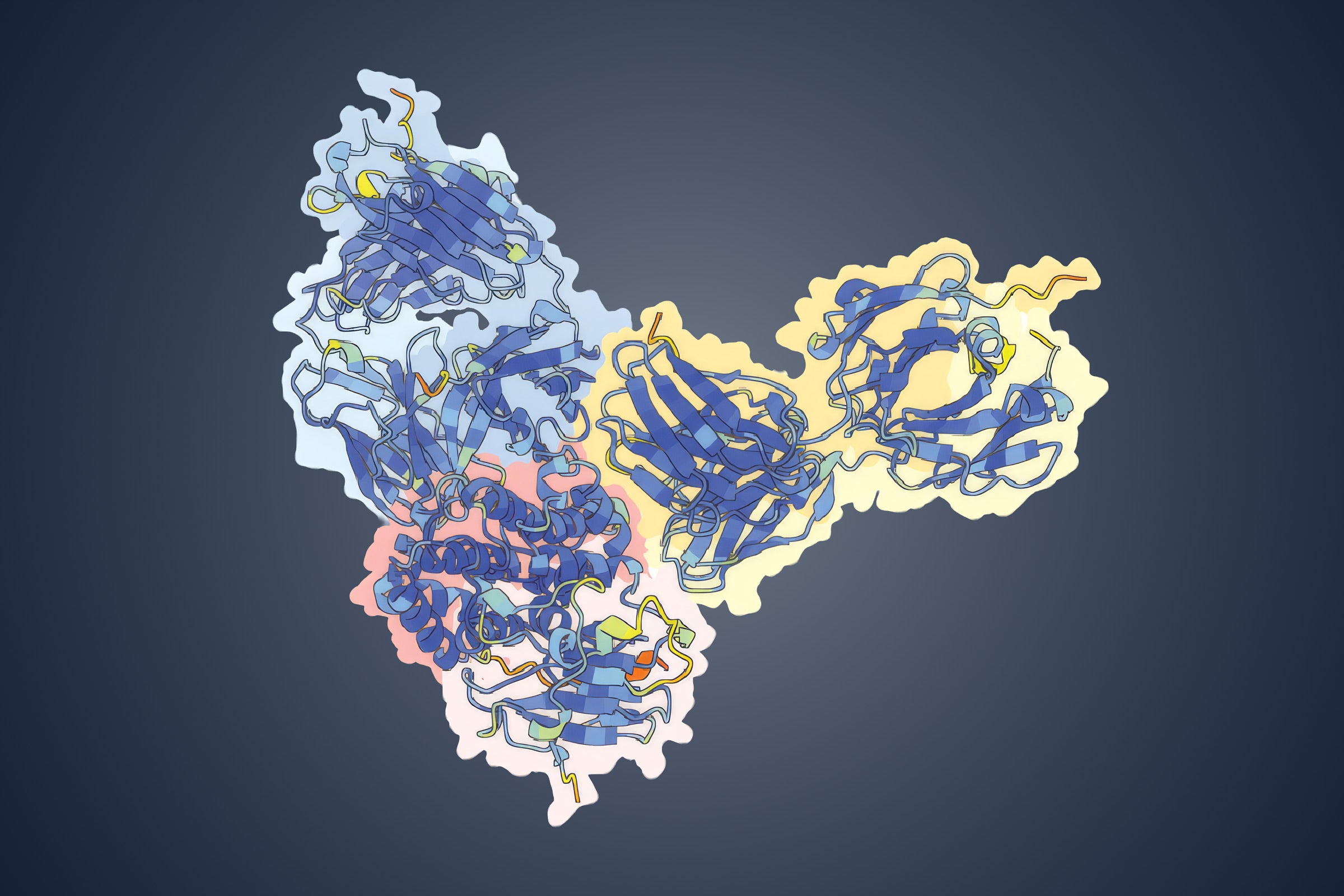How a Plant Stem Cell Commits to Its Fate and How Plant Growth Stays in Check
A pair of discoveries from the Torii Lab were recently published in Nature Plants.

Insights into growth processes and disease require knowing more about how stem cells commit to differentiation when life is developing. Using a specialized cell type in plants called stomata, researchers in the lab of Keiko Torii, professor of molecular biosciences, Johnson & Johnson Centennial Chair in Plant Cell Biology and a Howard Hughes Medical Institute investigator, recently published about how tightly folded DNA (chromatin) drive this action. Visiting scholar Eun-Deok Kim was first author on the paper, and cell and molecular biology graduate student Hyemin Seo and visiting scholar Krishna Mohan Sepuru were coauthors of the study.
The discovery was one of two published by the group in December in Nature Plants.
In a second paper, researchers describe a new finding about the workings within cells that regulate plant growth. To thrive, plants need their growth activity to be finely tuned by specific proteins. Torii and colleagues, including Liangliang Chen and Alicia Cochran, discovered a pair of proteins that cause a receptor in cells to self-destruct in order to keep growth in check. Without them, plant stems will grow to excess, as shown in the image above.



